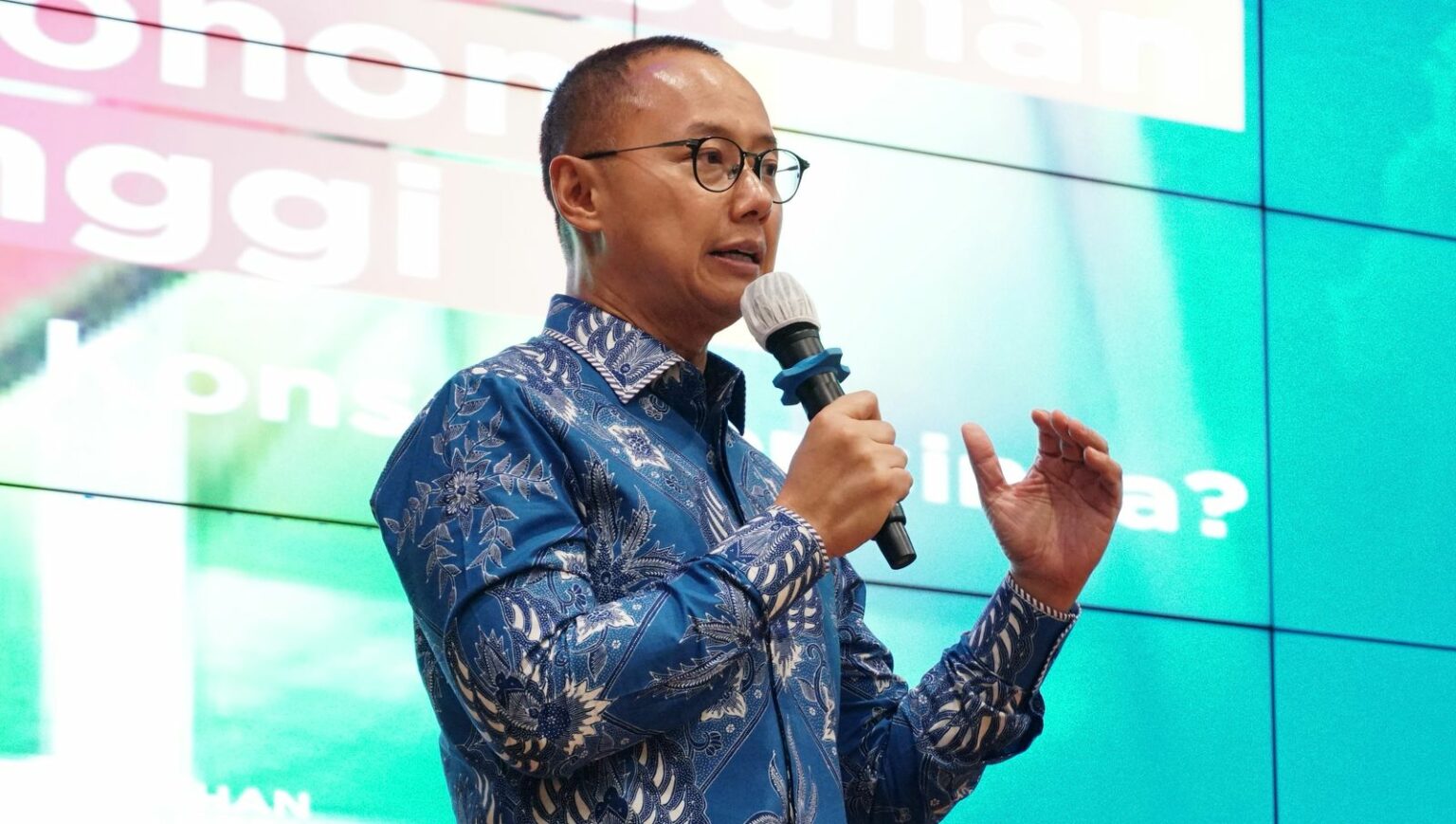The escalating urgency of climate change necessitates immediate and concerted efforts toward sustainable energy solutions. Recognizing this critical need, the People's Consultative Assembly of the Republic of Indonesia (MPR RI) initiated the "MPR Goes to Campus" program, recently hosted by the Institut Teknologi Sepuluh Nopember (ITS). The event, themed "The Urgency of Energy Transition to Prevent Climate Change Impacts," underscored the pivotal role of energy transition collaboration between academic institutions and policymakers.
The Urgency of Energy Transition
In his opening remarks, ITS Rector Prof. Ir. Bambang Pramujati, ST., MSc Eng., PhD., highlighted the tangible impacts of the climate crisis, affecting environmental, economic, social, and societal well-being. He emphasized that addressing these multifaceted challenges requires immediate and collaborative action. "This issue not only impacts the environment but also extends to economic, social, and societal welfare aspects," he noted. Prof. Bambang expressed hope that the seminar would serve as a platform to accelerate the energy transition through active participation from academics and policymakers, thereby creating significant positive outcomes for future generations.
Challenges in National Energy Security
Dr. Eddy Soeparno, SH., MH., Deputy Chairman of MPR RI, addressed the seminar, emphasizing the critical need for an energy transition to bolster Indonesia's energy security. He pointed out that despite the country's abundant and diverse energy resources, including renewable and fossil fuels, Indonesia remains heavily reliant on imports for energy needs such as oil and LPG. "The high level of imports places Indonesia in a very vulnerable position," he stated. This dependency underscores the urgency for a strategic shift toward sustainable energy sources to achieve the nation's goal of net-zero emissions by 2060.
The Role of Academic Institutions in Energy Transition
Dr. Eddy further highlighted the indispensable role of academic institutions like ITS in driving the energy transition. He advocated for active involvement from universities in policy development, leveraging research and innovation to inform and influence energy policies. "It is time for higher education institutions to actively participate in providing research-based policy recommendations," he asserted. This collaboration between academia and policymakers is vital for developing effective strategies to address the climate crisis and promote sustainable energy practices.
Human Resource Development for Sustainable Energy
Dedet Candra Riawan, ST., MEng., PhD., Head of the Center for Energy and Mineral Resources at ITS, emphasized the importance of preparing competent human resources to support the energy transition. He noted that universities play a crucial role in nurturing talent and fostering innovation. Dedet highlighted the Renewable Energy Integration Demonstrator of Indonesia (REIDI) at ITS, a collaborative project with Nanyang Technological University (NTU) Singapore, focusing on renewable energy and serving as a laboratory demonstrator. "This project is instrumental in supporting the transition to renewable energy," he explained.
The Significance of Dialogue and Collaboration
The seminar underscored the importance of dialogue and collaboration among stakeholders in advancing the energy transition. By fostering discussions between policymakers, academics, and students, the event aimed to cultivate a shared sense of responsibility and proactive engagement in addressing energy challenges. This aligns with the seventh Sustainable Development Goal (SDG) of ensuring access to affordable, reliable, sustainable, and modern energy for all, as well as Indonesia's commitment to achieving net-zero emissions by 2060.
Conclusion
The "MPR Goes to Campus" initiative at ITS exemplifies a strategic approach to fostering energy transition collaboration. By bridging the gap between legislative bodies and academic institutions, such initiatives promote the exchange of knowledge and the development of innovative solutions to combat climate change. As Indonesia strives toward its sustainability goals, the active participation of all sectors, particularly education and policy, is crucial in driving the nation toward a resilient and sustainable energy future.
Read More






 Saturday, 14-02-26
Saturday, 14-02-26







